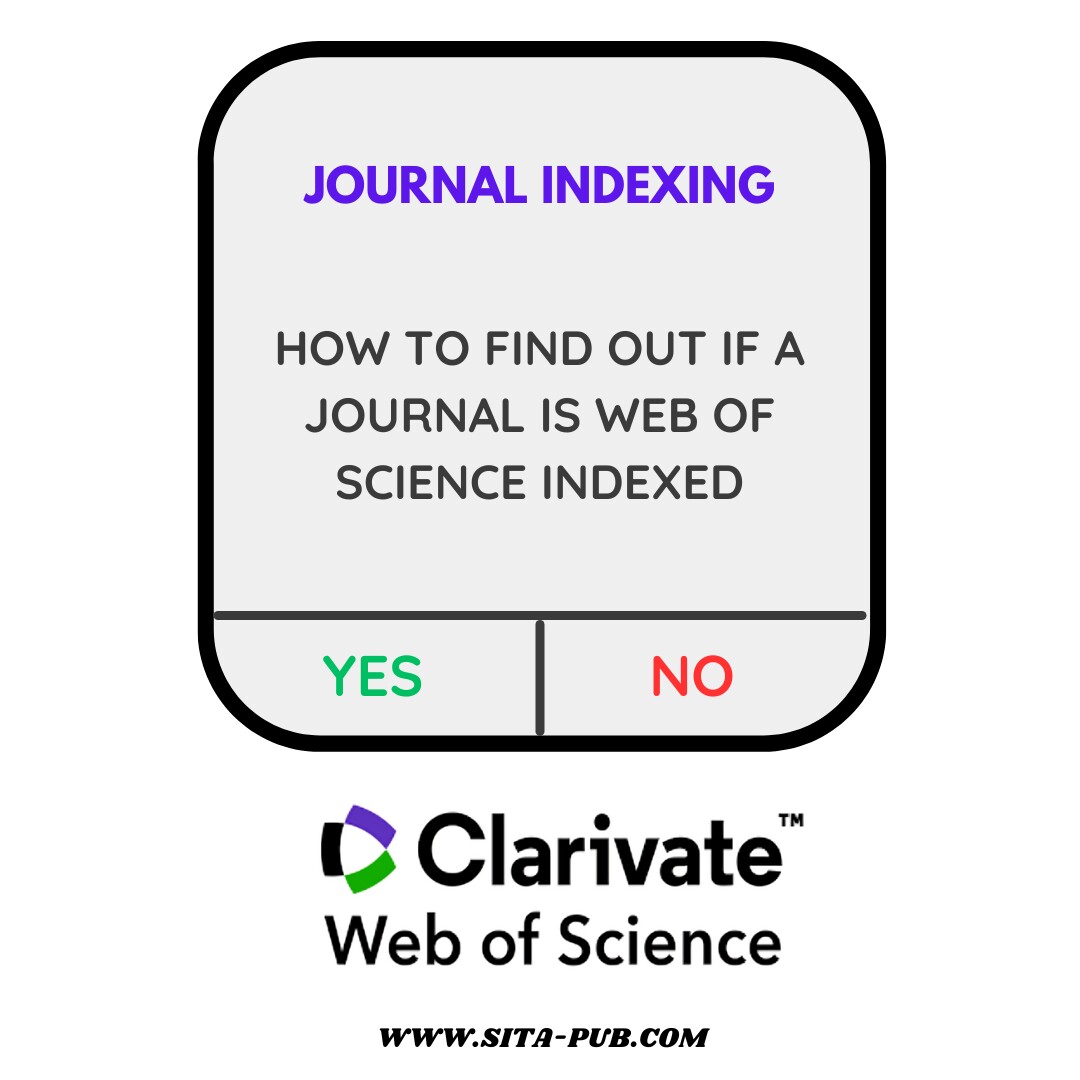How to Find Out If a Journal Is Web of Science Indexed


When you are looking to publish research, knowing if your journal is Web of Science indexed is crucial. This indexing affects visibility and can enhance your work's impact. Follow these steps to verify the status of your journal.

The Master Journal List is an official resource provided by Clarivate Analytics. You can easily search this list to find out if a journal is part of the Web of Science collection. Navigate to their website and enter the journal's title to see if it appears. This step is essential in determining if your chosen journal meets your publication criteria.
Journal Citation Reports offer a comprehensive overview of journals indexed in Web of Science. It provides details like Impact Factor, which is a measure of how often articles in a journal are cited. High Impact Factor values often indicate a reputable and influential publication. Use the JCR to assess whether your journal fits the standards required for quality research.
Many reputable journals proudly display their Web of Science indexed status on their homepage. Look for statements that confirm their inclusion in this prestigious database. If this information is not readily available, check the "About" section or the publishing criteria outlined on their site.
Databases such as Scopus and Google Scholar often provide insights into a journal's reputation. While these databases do not exclusively track Web of Science indexed journals, they can give you a broader understanding of how a journal is viewed in the academic community. This knowledge can help you decide if it’s a suitable outlet for your research.
If you’re still uncertain, consider reaching out directly to the journal’s publisher. Most reputable publishers will be happy to confirm their indexing status and provide additional information about their processes and research visibility.
While checking the status, be cautious of predatory journals. These are often disguised as legitimate publications but lack the rigorous standards required for true indexing. They might claim to be indexed when they are not. Always cross-reference information to ensure you are not misled.
Consult with colleagues or mentors who are familiar with academic journal indexing. They may have experience with specific journals and can provide valuable insights. Additionally, academic networks and platforms like ResearchGate can facilitate discussions regarding reputable publications.
Keep an eye on discussions within academic communities, especially those focusing on your research area. Platforms like Twitter or LinkedIn can be helpful for finding out which journals are recommended for publication. Researchers often share their experiences with various journals, offering firsthand accounts of their credibility.
Many university libraries provide access to tools that help you determine a journal's indexing status. Librarians can also assist in your search for reliable information on how to identify indexed journals.
Lastly, always check if the journal adheres to recognized ethical guidelines. Journals that comply with publication ethics are generally more trustworthy and likely to be indexed by prominent databases like Web of Science.
In conclusion, verifying whether a journal is indexed in Web of Science involves a combination of research and due diligence. By using the Master Journal List, consulting Journal Citation Reports, and following the tips above, you can confidently choose a journal that enhances your academic profile and boosts the visibility of your work.
Why Choose SITA Academy?

Team of human professionals

Quality Assurance

Timely delivery

Satisfaction guarantee
If you have any questions, inquiries, or would like to learn more about our services, please don't hesitate to reach out to us. Our dedicated team is ready to assist you.